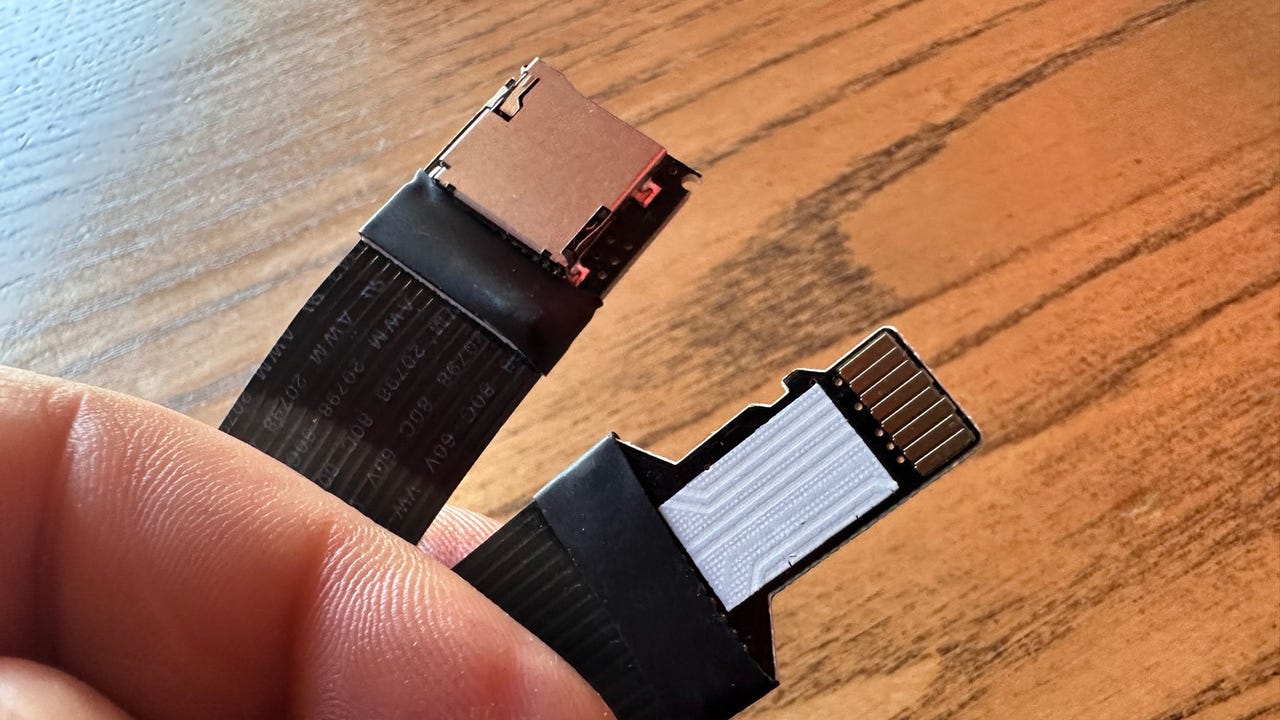'ZDNET Recommends': What exactly does it mean?
ZDNET's recommendations are based on many hours of testing, research, and comparison shopping. We gather data from the best available sources, including vendor and retailer listings as well as other relevant and independent reviews sites. And we pore over customer reviews to find out what matters to real people who already own and use the products and services we’re assessing.
When you click through from our site to a retailer and buy a product or service, we may earn affiliate commissions. This helps support our work, but does not affect what we cover or how, and it does not affect the price you pay. Neither ZDNET nor the author are compensated for these independent reviews. Indeed, we follow strict guidelines that ensure our editorial content is never influenced by advertisers.
ZDNET's editorial team writes on behalf of you, our reader. Our goal is to deliver the most accurate information and the most knowledgeable advice possible in order to help you make smarter buying decisions on tech gear and a wide array of products and services. Our editors thoroughly review and fact-check every article to ensure that our content meets the highest standards. If we have made an error or published misleading information, we will correct or clarify the article. If you see inaccuracies in our content, please report the mistake via this form.
How I solved one of my biggest Raspberry Pi headaches

MicroSD extension cable for the Raspberry Pi.
The Raspberry Pi continues to be one of my favorite gadgets. There's something so versatile about a small, self-contained computer that fits onto a single board.
I keep being amazed by what they can do.
Also: These are my 3 must-have Raspberry Pi accessories
Yes, I know that Raspberry Pis are hard to come by at the moment ("unprecedented times, supply chain issues, COVID-19," I've heard all the excuses), so if you see one going cheap, grab it.
Hopefully, the supply will increase to satisfy the demand in 2023. If you're looking for one, the best advice I have is to keep looking -- I grabbed a few 4GB and 8GB boards the other day for the retail price (not the normal x2 or x3 the price).
Also: Raspberry Pi: Where to buy the hard-to-find latest model
But one of the big features of the Raspberry Pi can also cause problems. I'm referring to its minuscule size.
I've lost count of the number of times that I've built something with a Raspberry Pi (or some other small single-board computer like the Adafruit Feather) only to then not be able to get easy access to the microSD card slot where fingers are big and the microSD card is, well, very micro.
It's annoying to say the least.
Also: I'm running my own Mastodon server on a Raspberry Pi. Here's what I've learned
But there's a solution -- a microSD card extender cable.
It's a simple solution -- a ribbon cable with a microSD card socket on one end and a microSD card connector on the other.
Also: The 5 best Raspberry Pi alternatives
Pop the connector into the card slot on the Raspberry Pi, and the card the other end.
Job done.
And if you find that at the end of building your project that you can access the microSD card slot without hassle, you can remove it.
Also: How to unlock the Flipper Zero's true power
These are so useful -- and cheap -- that I keep a few in stock now for projects.
